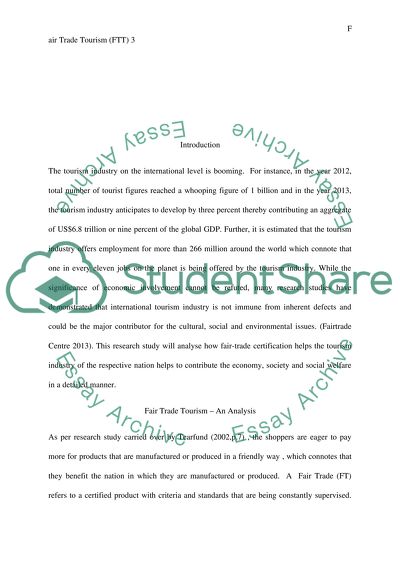Cite this document
(“Fairtrade Essay Example | Topics and Well Written Essays - 2500 words”, n.d.)
Fairtrade Essay Example | Topics and Well Written Essays - 2500 words. Retrieved from https://studentshare.org/tourism/1495734-fairtrade
Fairtrade Essay Example | Topics and Well Written Essays - 2500 words. Retrieved from https://studentshare.org/tourism/1495734-fairtrade
(Fairtrade Essay Example | Topics and Well Written Essays - 2500 Words)
Fairtrade Essay Example | Topics and Well Written Essays - 2500 Words. https://studentshare.org/tourism/1495734-fairtrade.
Fairtrade Essay Example | Topics and Well Written Essays - 2500 Words. https://studentshare.org/tourism/1495734-fairtrade.
“Fairtrade Essay Example | Topics and Well Written Essays - 2500 Words”, n.d. https://studentshare.org/tourism/1495734-fairtrade.


